It’s 4 o’clock in the morning, and I can’t sleep. My eyes won’t close, and I am hungry. Actually, I am starving. But why does it matter? My body doesn’t deserve food. I turn over onto my belly to try to silence the grumbling of my stomach; silence its desperate cry for help. I don’t want to awaken my sister sleeping next to me. I don’t want to reveal my weakness. I am not supposed to be hungry. I ate two whole long celery sticks today. That’s more than enough; I am a pig. As I turn over onto my side, I can feel my ribs piercing through my skin, and a rush of satisfaction penetrates through every inch of my body. It feels so good. At least I can be successful at something. I’ve been waiting for this moment for so long. I’ve always wanted this. I’ve always wanted to run into the darkness, to fade away. To be lighter and take up less space. After all, I don’t matter and the world would be better off without most of me, if not all of me.
The above highlights the painful seven years of my teenage life. After battling an eating disorder, depression, anxiety, and witnessing my mother battle with breast cancer, I have evolved to have a completely different relationship with food, body, and health. Food has a function beyond survival. It is there to help heal, restore, and provide our bodies and minds with balance. I mention the mind because I believe one cannot work without the other. If our bodies are not healthy, our minds will not be and visa versa. Depression, for example, can impact what we eat and what we eat can impact how we feel. When lacking serotonin in our diets, for instance, we may feel down. The hormone dopamine, our reward hormone, also functions this way. We often use food as a form of control. This mind-body connection speaks to the existence of many physical challenges as well. Digestive, immune, reproductive, cardiovascular, etc., issues can all be attributed to a poor diet coupled with stress. What we feed our bodies and the toxins present in some of the foods we eat can all negatively affect our health. This then may lead to worry, sadness, stress, and hopelessness – starting this mind-body cycle again. We therefore need to feed our minds and bodies with goodness, whether it be in the form of food or in the form of thoughts, feelings, and emotions.
When food no longer becomes functional but rather detrimental to our bodies, the trouble begins. When it is used as a tool or a defense/coping mechanism for something much deeper, for something much greater. Using food for solely survival is where many go wrong. Just like me, many of us seek perfection. We view food as the “enemy”. We use food to survive both physically and emotionally. To mask our authentic emotions, to hide our pain, our insecurities – to defend ourselves. This is where the challenge lies and where the work begins.
In her spare time, Alina loves to read, draw, and cook. Before becoming an Eating Psychology Coach, Alina has taught kids of all ages ESL, English, Biology, and Nutrition. She loves to write, especially creatively. Alina moved to the United States from Russia when she was nine years old, not knowing a word of English. She had to help her family start from scratch and establish a life in a completely new environment. Although it was challenging, it has taught her a lot and made her stronger. Some of the things she values include honesty, authenticity, passion, dedication, compassion, acceptance, and love. Alina believes that in the presence of drive, motivation, and hard-work, there is nothing a person cannot accomplish. We set our own barriers to success, true happiness, and peace of mind. When we free our mind of “perfection” and the “ideal” we create in our heads, we free ourselves of a lot of mental/emotional/physical suffering. Alina believes that what’s real and true is natural and what’s natural is imperfect. She always says, “There is beauty in imperfection!”









